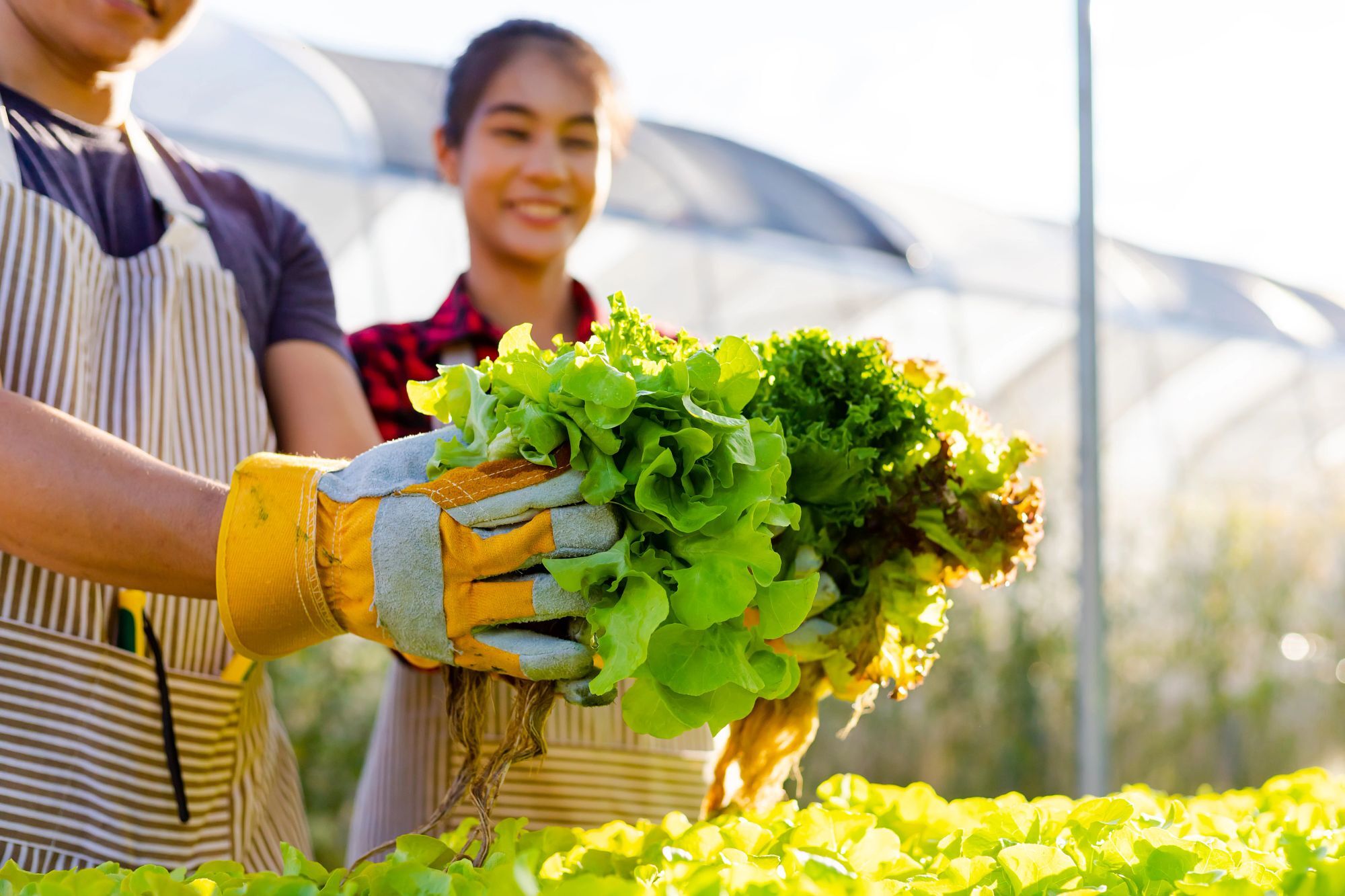Food Safety and Organic Food FAQs

Food Safety
How long is it safe to keep frozen food in the freezer?
From a microbiological perspective, frozen foods will remain safe for consumption indefinitely. However, freezing foods can affect quality, especially over time. For recommended maximum storage times for fresh and frozen foods, view our food storage guidelines chart.
How long can foods be safely left unrefrigerated?
Perishable cooked foods should be placed in the refrigerator or freezer within two hours of being cooked, or one hour on very hot days (over 90° F or 32.2° C). To help speed cooling, divide larger quantities of food into several smaller, shallow containers.
What's the best way to package leftovers for food safety and preservation?
The most important thing when packaging leftovers is to get them down to a safe storage temperature as quickly as possible. If leftovers won’t likely be eaten within three days, it’s best to freeze them.
Is it okay to put hot foods directly into the refrigerator?
Although a properly operating refrigerator should be able to handle hot foods, help promote cooling by separating large quantities of leftovers into small containers, leaving lids slightly ajar until the food has fully cooled.
To what temperature should foods be reheated so that they are safe to eat?
Previously cooked foods, including foods containing previously cooked ingredients, need to be reheated until the internal temperature reaches at least 165° F (74° C).
Is it important to follow expiration dates?
Yes, especially for people with specific health concerns. Although not all food labeling dates pertain to safety, “use by” and expiration dates are the two dates that consumers should pay the most attention to. “Best before” and “Best if used by” dates address quality, not food safety, and “sell by” dates are mostly for store display purposes.
Once meat has thawed, how soon must it be cooked?
Meat thawed in the refrigerator should be cooked within two to three days after being taken out of the freezer. Meat thawed in cold water or in the microwave should be cooked right away.
What is the best way to defrost frozen foods?
Never try to thaw frozen foods at room temperature, as this could allow dangerous bacteria to grow on the food surfaces as they warm. Instead, use one of the following methods to safely thaw food:
- Refrigerator: If using a refrigerator, place the food in a container on the lowest shelf so that raw juices cannot drip on to other foods.
- Cold water: If using cold water to thaw food such as a turkey, place the wrapped food in a large pan with cool water, replacing the water every 30 minutes until the food is thawed.
- Microwave: Many uncooked frozen foods can also be thawed in the microwave, but only if they will be immediately cooked afterwards.
Can uncooked meat be refrozen?
Uncooked meat that was properly thawed in the refrigerator and whose internal temperature never exceeded 41° F (5° C) can usually be refrozen. If the frozen meat was thawed in the microwave or otherwise reheated, complete the cooking process and then freeze any unused meat portions for later use. Never partially cook and then re-freeze raw meats.
Organic Foods
What does the term organic mean?
Organic refers to a product produced without using conventional pesticides, irradiation or fertilizers made with synthetic ingredients or bioengineering. For example, organic meat, poultry, eggs and dairy products can only be produced from animals that are not given antibiotics or growth hormones and are fed 100% organic feed. Organic doesn’t necessarily mean that a product is free of something, but rather that it has been produced without using prohibited methods.
What types of products can become certified organic?
Any agricultural product that meets certification requirements may be considered organic. Organic products include foods ranging from canned products to fresh produce, meats, poultry and bakery products, to beverages including juices and milk, to dietary supplements and even personal-care products.
Are products certified as organic in the U.S. also GMO free?
Organic products sold in the U.S. are required to be grown, processed and handled from farm to shelf in accordance with USDA National Organic Program (NOP) regulations. While the NOP specifically prohibits the use of genetic engineering or genetically modified organisms in conjunction with organic food, it is possible for an organic crop to be exposed to GMOs from drift (such as wind pollination, birds or bees) or other natural forces beyond the control of the organic farmer. To help limit the impact of non-organic farming practices, the NOP requires organic farmers to follow practices such as creating buffer zones between their own farms and neighboring farms that use conventional farming methods.
Are products labeled "all natural" the same as "organic?"
The term “natural” generally means a product has been minimally processed or is free from synthetic ingredients. It doesn’t mean that the producers or handlers of the ingredients and/or finished products have been audited by an organic certifier to confirm compliance with USDA National Organic Program standards. Other claims such as “free-range,” “hormone-free” and “all natural” can appear on product labels and should likewise not be confused with the term organic.
How NSF Can Help You
Get in touch to find out how we can help you and your business thrive.

What’s New with NSF

NSF Granted Reauthorization as a CMMC Third-Party Assessment Organization
January 8, 2025
Sustainable Foods Summit 2025
January 2, 2025
NSF Celebrates 50 Years of the Safe Drinking Water Act
December 16, 2024